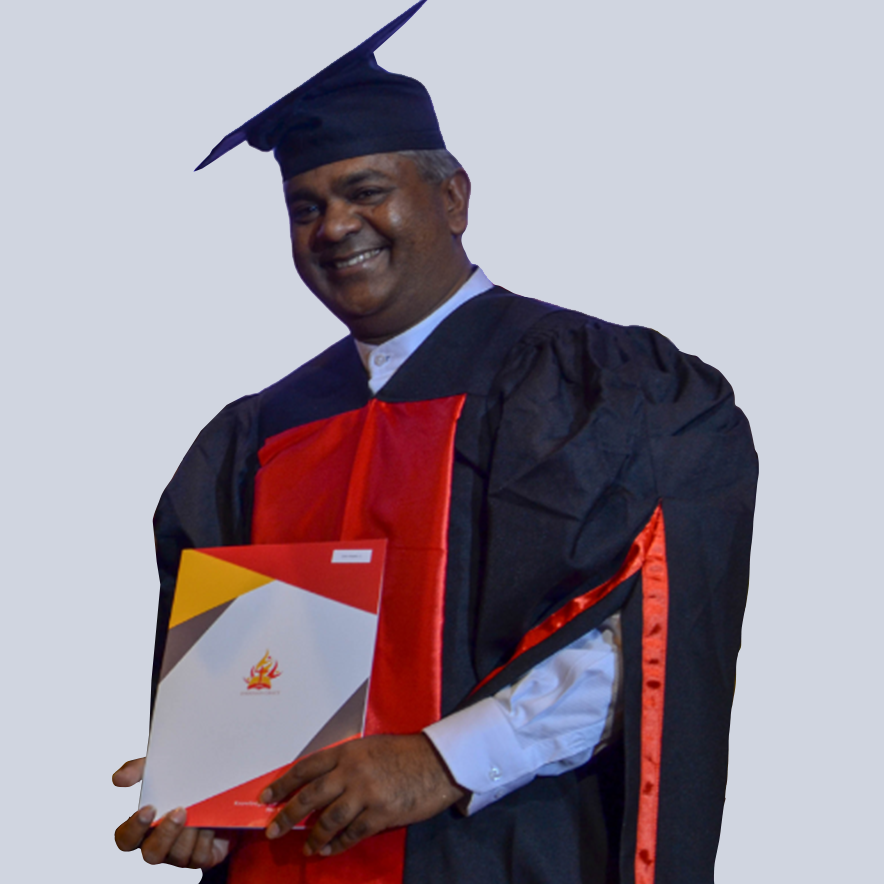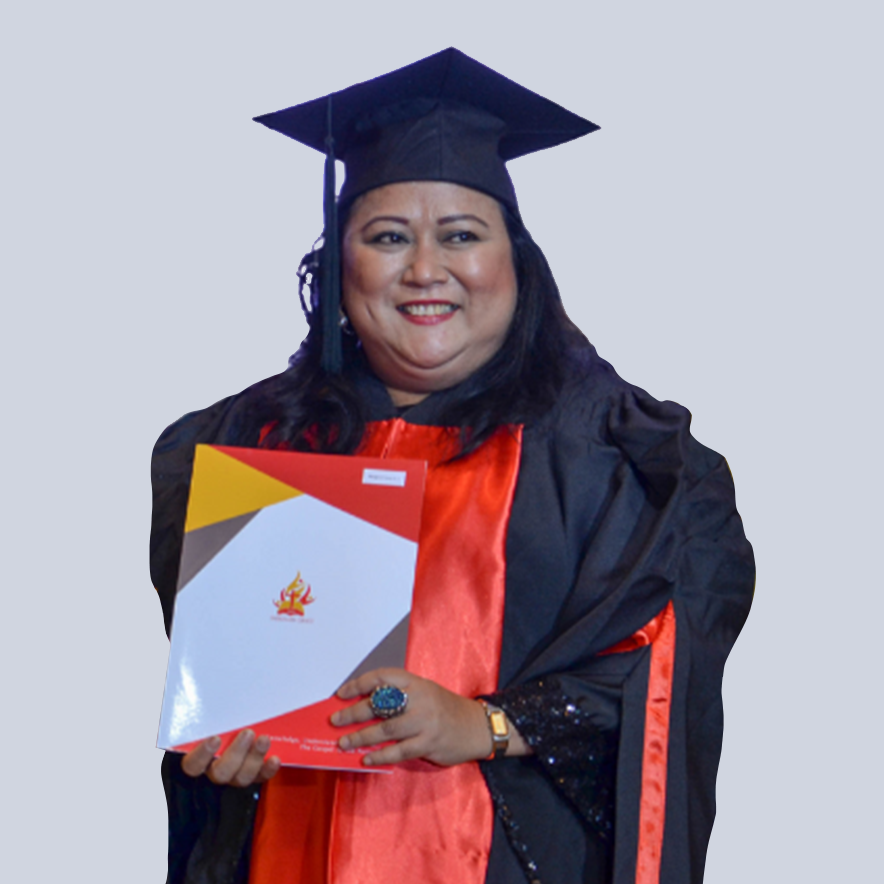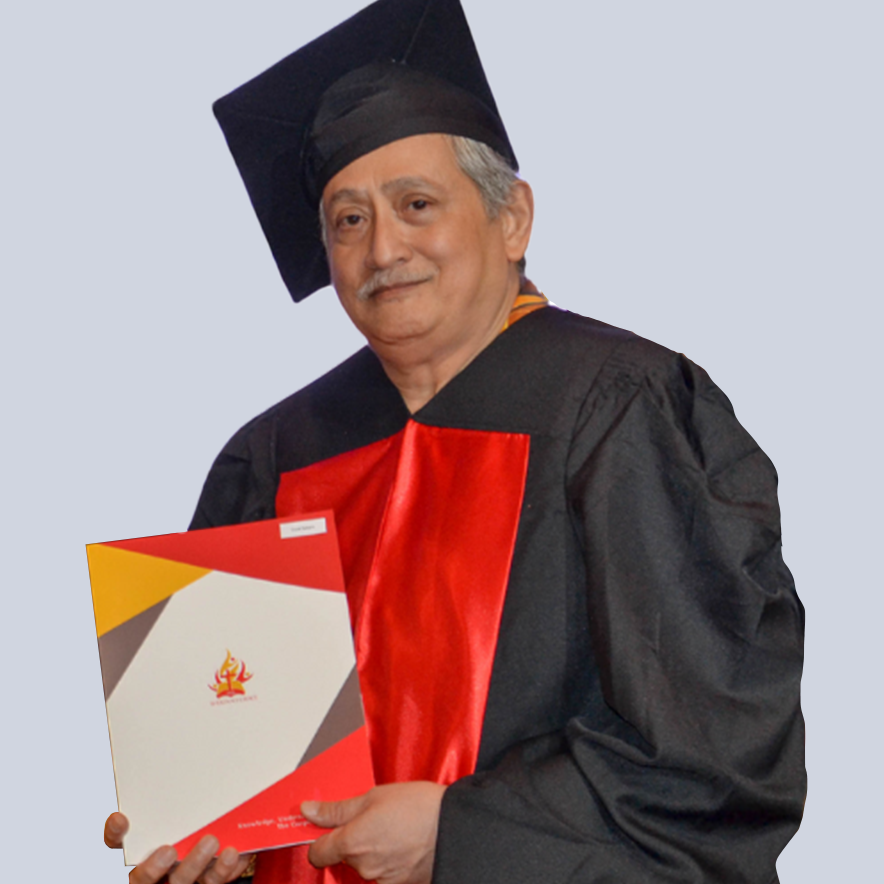Vision International University

Take The First Step
Unlock Your Potential with a Degree from Vision International University.
Fill out the form below to learn more about our online degree programs


Vision International University accepts transfer credits and has specialists available to support you.

The average age of new students is 40 years old, making VIU a global leader in online adult education.

Vision International University is a pioneer in distance learning with academic excellence. VIU offers training in 140 nations worldwide and is internationally accredited through ASIC (Accreditation Service for International Schools, Colleges and Universities).


Words can’t fully express my gratitude to VIU for the Double Degree Program. You opened a door that seemed out of reach to me in my 50’s. What I learned empowered me to start a business coaching Christian musicians and I have made over $100,000 so far! At age 55 I now have a college degree and am stepping confidently into the future!
DeAnne Morrell Musician & Worship Leader
Vision International University helped me encounter God through the study of his Word. The curriculum provided me with a solid theological foundation and prepared me for greater opportunities in ministry. I highly recommend VIU for anyone seeking to accelerate their spiritual growth.
John Naden Subramaniam Graduated with the Bachelor of Ministry in 2016 & Master of Theological Studies in 2019
I’m so grateful for VIU’s Double Degree Program! I’m having so much fun learning and growing. The program provides incredible wisdom, support and guidance. It’s been an absolute game-changer for me, empowering me to become an Amazon bestselling author!
Judy Go Wong Award-winning Filmmaker and Actor
I had no clue what God planned when he brought me here. The idea that God would open up a door for me to get a double degree still blows my mind! I’ve been able to flourish as a kingdom leader and grow spiritually with Vision.
Andria Washington Life Coach and Public Speaker
I have been greatly transformed by Vision International University, both in my spiritual journey and in my ministry as a Pastor. The biblical knowledge and practical ministry training I received have helped me better serve my congregation and community.
Margaret Rose Q. Subramaniam Graduated with the Bachelor of Ministry in 2016 & Master of Theological Studies in 2019
I did not really think I could get a Ministry degree… or a Business degree. Now I have both! It was amazing to study from home, at my own pace, and learn from the world’s most-respected ministry leaders. This program has enriched and changed my life forever!
Sandra Krug Legal Nurse Consultant
Last year I was reflecting on life and realized that I had a desire deep within to get a ministry degree. I jumped at the chance to be part of the Double Degree Program and dove into it with joy. Today marks a huge milestone in my life, with many more to come… I’m a VIU grad!
Ann Marie Thrives Author, Speaker, Behavioral Specialist
The four years I devoted to my education with Vision International University was the best experience of my life! The priceless knowledge, powerful impartation and practical lessons I received at VIU have proven to be of great value to me in my life and ministry.
David Rebano Graduated with the Bachelor of Ministry in 2016
I love, love, love VIU’s double degree program! The courses are awesome, you go at your own pace and the tuition is unbeatable. Business and Ministry degrees give you so much credibility. This program is an answer to prayer!
Aicha Barry #1 Bestselling Author and MinisterLead and Succeed with Vision

Competitive, affordable tuition rate so that furthering education is within reach for everyone.

Christian degree programs designed to help you achieve your goals

Flexibility and convenience for work- ing professionals and students with busy schedules

Vision International University holds prestigious International Accreditation from ASIC (Accreditation Service for International Schools, Colleges, and Universities).
Institutions with ASIC Accreditation undergo an impartial and independent external assessment process to confirm their provision meets rigorous internationally accepted standards, covering the whole spectrum of its administration, governance and curriculum.
Achieving ASIC Accreditation demonstrates to students and stakeholders that an institution provides high-quality education, delivers safe, rewarding educational experiences and is committed to continuous improvement. ASIC Accreditation is a leading, globally recognized quality standard in international education, which means that your degrees will be respected worldwide.
Earn Your Bachelor of Ministry Degree + Internationally Accredited Master of Arts in Business and Ministry Degree
I’m overjoyed to be in VIU’s double degree program. Taking this leap of faith has brought me into a supportive and inspiring community of believers where I feel at home, sharing the same faith and values.
Robert Chauharjasingh Business Coach